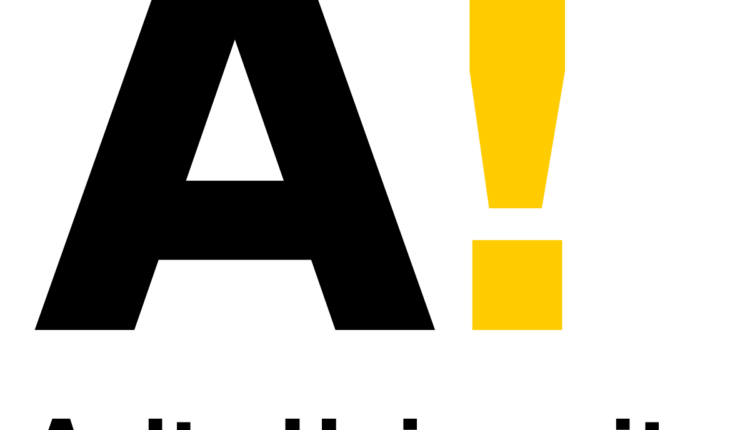Aalto University: Creativity is an important future skill – this symposium will help you understand creativity in a new way
We use our inherent creativity to solve problems, work in teams, or create new products, strategies and art. In fast-changing circumstances, information is incomplete or becomes rapidly obsolete, and we are increasingly faced with situations for which there is no ready-made solution. Then we have to combine expertise in innovative ways. Creativity theories make our tacit knowledge of creativity visible and provide tools for developing imaginative thinking.
The Aalto Creativity Symposium (September 10–11, 2021) is open to everyone who wants to better understand the science of creativity: whether you are a student, scholar, teacher, entrepreneur, a leader in an organization, an artist, work in the field of psychology or otherwise interested in creativity.
Internationally acknowledged keynote speakers and professionals will talk about various aspects of creativity such as imagination, chaos, the creative process and learning. The speakers come from different disciplines and aim to shed light on the fundamental principles of creativity.
Bonnie Cramond, Professor Emerita of psychology at the University of Georgia (USA), has been awarded for her lifetime achievements in creativity research. At the symposium, she will talk about how skill, creativity and intelligence relate to each other, and how creativity can be measured. In her career, Cramond has studied gifted children and the identification of creativity, especially among those students who, due to their unusual ways of thinking, are at risk of dropping out of school.
Distinguished Professor Emerita Ruth Richards has studied everyday creativity at Saybrook University in California. Her forthcoming book Chaos and Nonlinear Psychology: Keys to Creativity in Mind and Life will bring a transformative vision to social scientists in our profoundly interconnected and complex world. She advocates for a “new normal”: broader, more diverse, more exploratory and process-oriented, more open to experience and to embrace risk-taking, discovery and living beyond fixed expectations, toward our higher humanistic, and human, potential.
Tuomas Auvinen, dean of the School of Arts, Design and Architecture will discuss radical creativity, a cross-cutting theme of Aalto University’s new strategy. Riikka Mäkikoskela’s presentation will deal with ideas and creative processes. Elisabeth Morney talks about the creative product, quality and taste, Marjaana Rantama about the ethics of creativity, and Kirsi Reinola about limitations as a source of creativity. Kirsi Manninen deals with intuition in the creative process.
Hannah Kaihovirta, a docent at the University of Helsinki, will speak about imagination as a source of creativity. Mikael Rejström, creative director of the improvisation theatre Stella Polaris, talks about group dynamics and flow in group work. Margaret Mangion will make a reference to her study that mapped primary school students’ perceptions of creativity in Malta. Both Daniela Bauer (Leonardo Center for Creativity and Innovation at the Nuremberg Tech, Germany) and Dee Fretwell (School of Economics at the University of Southern Oregon) will address creativity in multidisciplinary university education.

